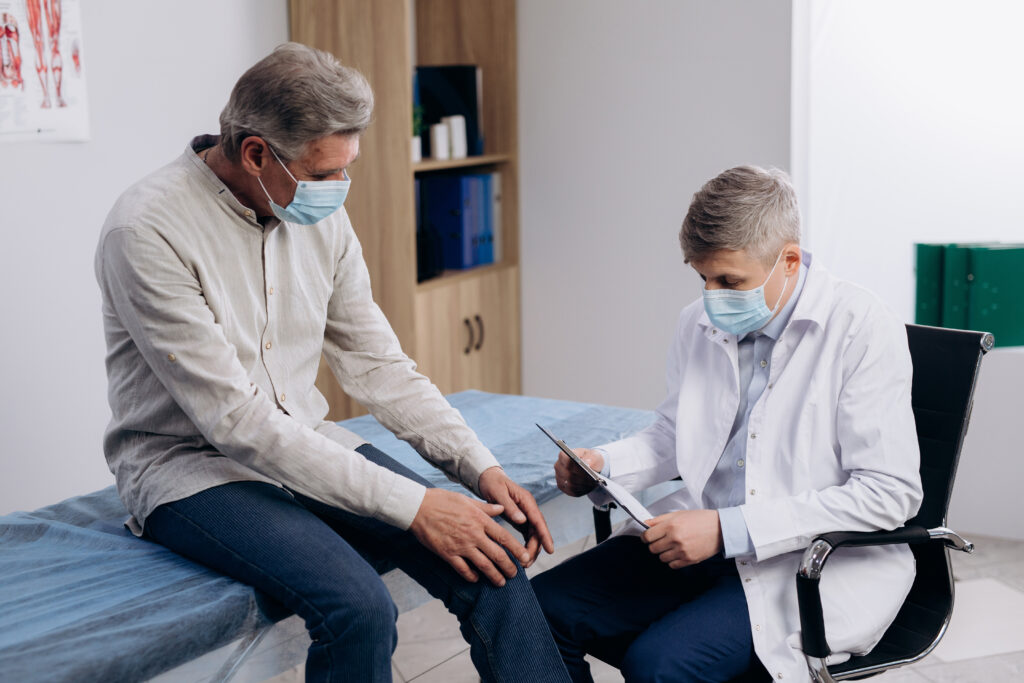Dr. S. Prakash
MS, FRCS (Glasgow)
Health Insurance Expert
Chairperson – Health Sub Committee CII – Southern Region
Advisory Committee Member of NABH ,
Co-Founder and Formerly MD of Star Health Insurance
Dr. S. Prakash is a respected healthcare leader with over 30 years of experience in both Healthcare and Health Insurance. Known for his strategic vision and commitment to improving healthcare access, he has been a transformative figure in the industry.
As Co-Founder & Managing Director of Star Health Insurance, Dr. S Prakash guided the company through exceptional growth, increasing Gross Written Premiums from USD 2 million in 2007 to USD 1.56 billion by 2023. He also led the company through a successful IPO in 2021. A key achievement during his tenure was the launch of South India’s first Mass Health Insurance Scheme, providing coverage to 126 million people through a network of over 1,000 hospitals.
Dr. S Prakash has held leadership roles in several prestigious professional bodies, including Chairperson of the CII Tamil Nadu Healthcare Panel and Convenor of the FICCI Tamil Nadu Insurance Panel. He is also a Member of NABH’s Advisory Committee, where he continues to influence healthcare standards.
With clinical experience across the Middle East, Singapore, and Malaysia, Dr. S Prakash is also a published researcher. His numerous accolades include the World Health Day Award of Excellence, presented by the President of India, for his contributions to health insurance.
Outside of work, Dr. S Prakash enjoys reading, music and TT, which help him maintain a balanced approach to life and leadership

